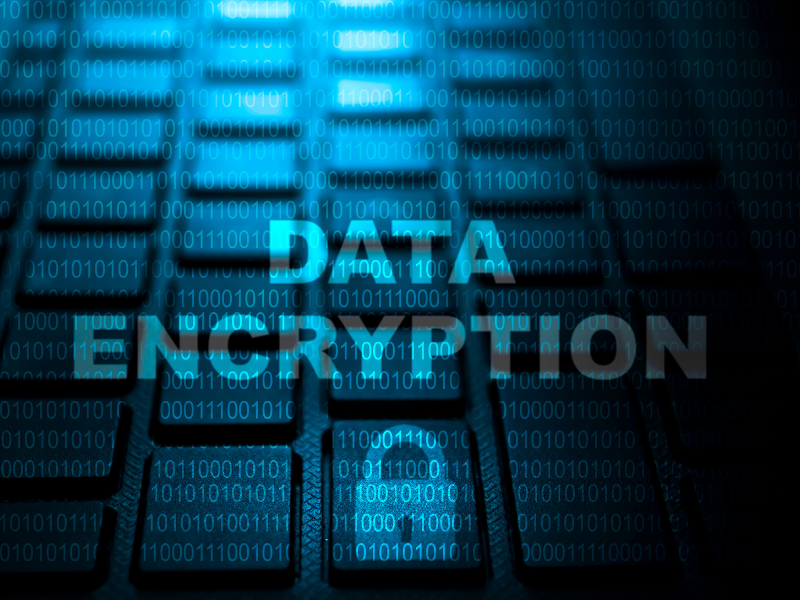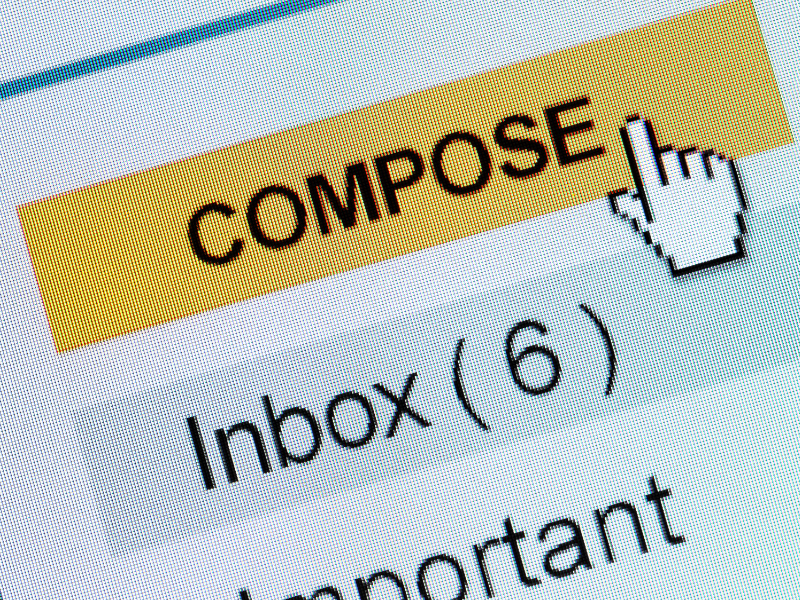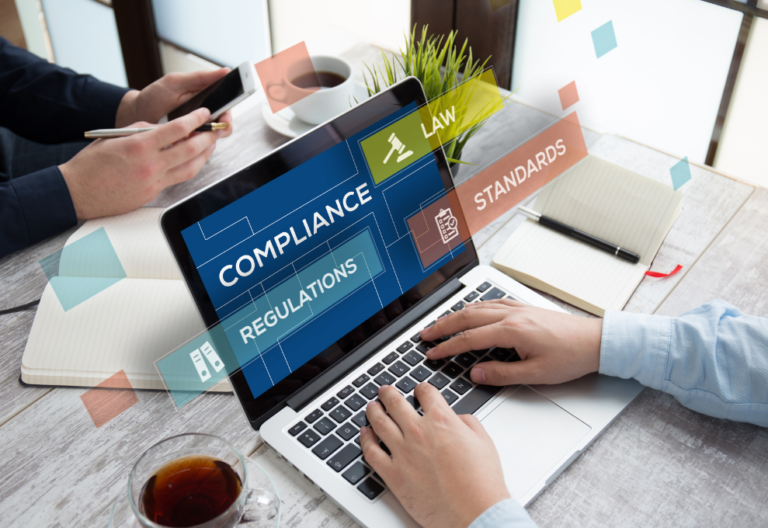Understanding how to send a confidential email is crucial, especially if you often transmit sensitive data like patient information. Securing email communications protects patient privacy and saves your organization from reputational harm and financial stress. Read on to learn some essential tips to protect your emails.
Table of Contents

Why Is Email Confidentiality Important?
Secure messaging in healthcare is crucial to protect your organization and clients from harm. Emails are vulnerable to unauthorized access and interception. Malicious actors can access them, exploiting the information for personal gain and compromising digital security. Your organization might avoid financial loss, legal complications, and reputational damage with adequate safeguards. Thus, maintaining email confidentiality is essential, especially if your company frequently handles sensitive information.
The risks associated with non-confidential emails
Sending non-confidential emails comes with potential risks, especially when those emails contain sensitive email attachments. When sensitive information is shared without proper protection, unauthorized access and data breaches can occur. This puts individuals and organizations at risk of harassment, identity theft, intellectual property theft, and financial fraud.
For instance, an attacker might intercept an email containing an unsecured attachment and gain access to sensitive data. Similarly, if the wrong email recipient is selected due to human error or a system glitch, confidential information could be shared with unintended parties, leading to potential breaches of privacy or confidentiality.
You should also consider legal implications such as lawsuits and heavy fines, especially if the email results in a data breach. Moreover, sending non-confidential emails can harm client relationships and tarnish your reputation. When you assess the risks, you’ll see that it’s wise to safeguard your email communications.
What Makes an Email Confidential?
To know if an email is considered confidential, consider the type of information being shared and the context it is shared.
The email should be confidential if you answer yes to any of these questions:
- Are you sharing sensitive information like classified data, trade secrets, and personal details?
- Does the email content fall under a data protection law or any other legal requirement that mandates confidentiality?
- Does the recipient expect that you keep the message confidential?
- What are your company protocols when sending such information through email?
- Does common sense tell you that the information you will send requires confidentiality?
Types of confidential emails
Confidential emails include various types of sensitive information, such as financial statements, medical records, legal contracts, and proprietary business data. Proton categorizes sensitive information into three general types:
- Personal Information: This is personally identifiable information (PII) that can be linked to or used to identify you. Your name, address, race or ethnicity, social security number, bank statement, medical records, and travel documents fall under this category.
- Confidential Business Information: This refers to the proprietary data that belong to your organization and are unavailable to the public. Trade secrets, customer lists, and financial data belong in this category.
- Government-Classified Information: This comprises data that government protects in the interests of national defense and security or foreign relations. Examples include military plans and operations, diplomatic negotiations, and technological research and development.
Techniques for Sending Confidential Emails

Encryption: A Key to confidential email communication
Encryption converts or scrambles data, making it unreadable to people who might intercept it. Choose a secure email provider with built-in encryption to ensure the best email protection. These providers automate the encryption process for you, so you don’t need to worry about attackers when emailing confidential information.
Secure email providers: Who should you trust?
Choosing a secure email provider is crucial for maintaining confidentiality and ensuring that you’re in line with the necessary compliance rules. Here are some key considerations when selecting an email provider:
- Security Features: Look for an email provider with strong encryption and security features. Look for encryption protocols such as TLS (Transport Layer Security)/SSL (Secure Soccer Layer), end-to-end encryption, and two-factor authentication (2FA).
- Privacy Policies: Read the fine print on your provider’s privacy policies. Check their guidelines regarding collecting, using, and sharing your personal information.
- Data Storage and Retention: Check where your provider stores your data. Additionally, look for providers that only retain your data for as long as necessary.
- Reputation: Look for credible reviews and customer feedback. Check online media for news on whether the email provider was involved in any data breaches in the past.
- Customer Support: Does the email provider offer reliable support channels, such as email, live chat, or phone? When you encounter security issues, can they respond on time?

5 Best Practices for Sending Confidential Emails
1. Use email encryption
Your first line of defense is an effective encryption tool that offers end-to-end encryption. You can also subscribe to paid email providers with more robust security features, especially if your work requires sending many confidential emails.
2. Double-check recipient information
Before you hit the send button, verify the recipient’s email address. Accidentally sending a confidential email to the wrong person can lead to serious privacy breaches. This simple step can save you from potential data leaks and embarrassing situations.
3. Avoid using public or unsecured Wi-Fi networks
Public Wi-Fi networks can be vulnerable to data interception and unauthorized access. When sending confidential emails, avoid using unsecured Wi-Fi networks. Instead, utilize a trusted and secure internet connection, such as your office network, to minimize the risk of compromised email communication.
4. Secure email attachments
Whenever possible, encrypt attachments or use password protection for sensitive files. Share the password with the recipient through a separate communication channel, such as an encrypted messaging platform, to ensure an extra layer of security.
5. Regularly update your email client and operating system
Software updates often include security patches that address vulnerabilities and protect against potential threats. Regularly updating your email client and operating system ensures you have the latest security measures to protect your messages.
Dos and Don’ts of confidential emailing
Here’s a handy do and don’t checklist you can use before you send that email message:
- Choose a trustworthy email provider with robust security features.
- Use strong and unique passwords for your email accounts.
- Password-protect sensitive files.
- Share passwords in a separate encrypted messaging channel.
- Double-check recipient email addresses.
- Regularly update your email client and operating system to ensure you have the latest security patches.
- Don’t write your passwords in unsecured storage (e.g., a notebook)
- Don’t use public or unsecured Wi-Fi networks when sending confidential emails.
Training and Awareness for Confidential Email Communication
Providing HIPAA training on safe email practices will save you a lot of headaches and money. Invest in educating your employees about the risks of sending non-confidential emails, the proper use of encryption tools, and how to handle sensitive information. Regular training sessions and reminders can significantly reduce the likelihood of email-related security incidents.







